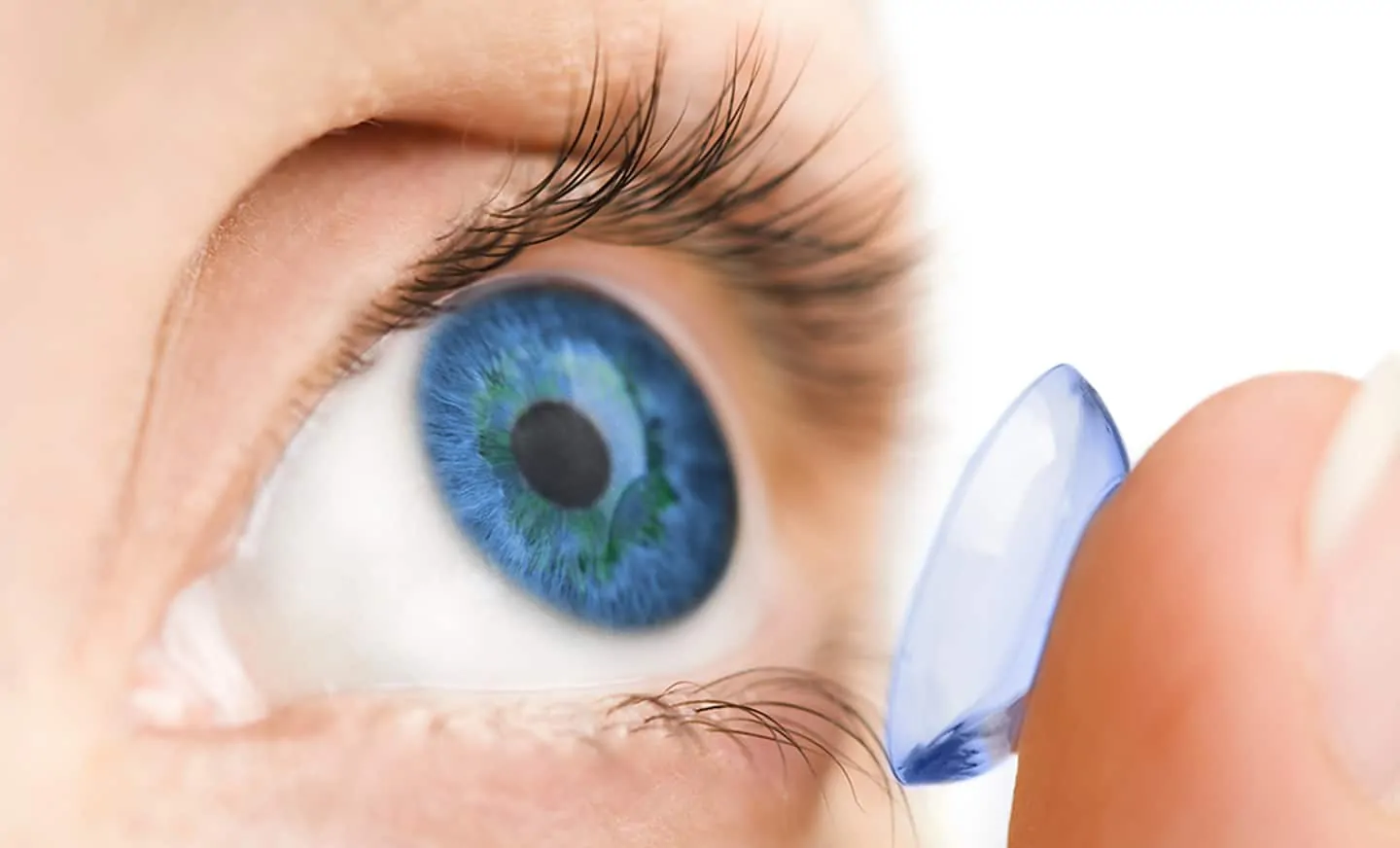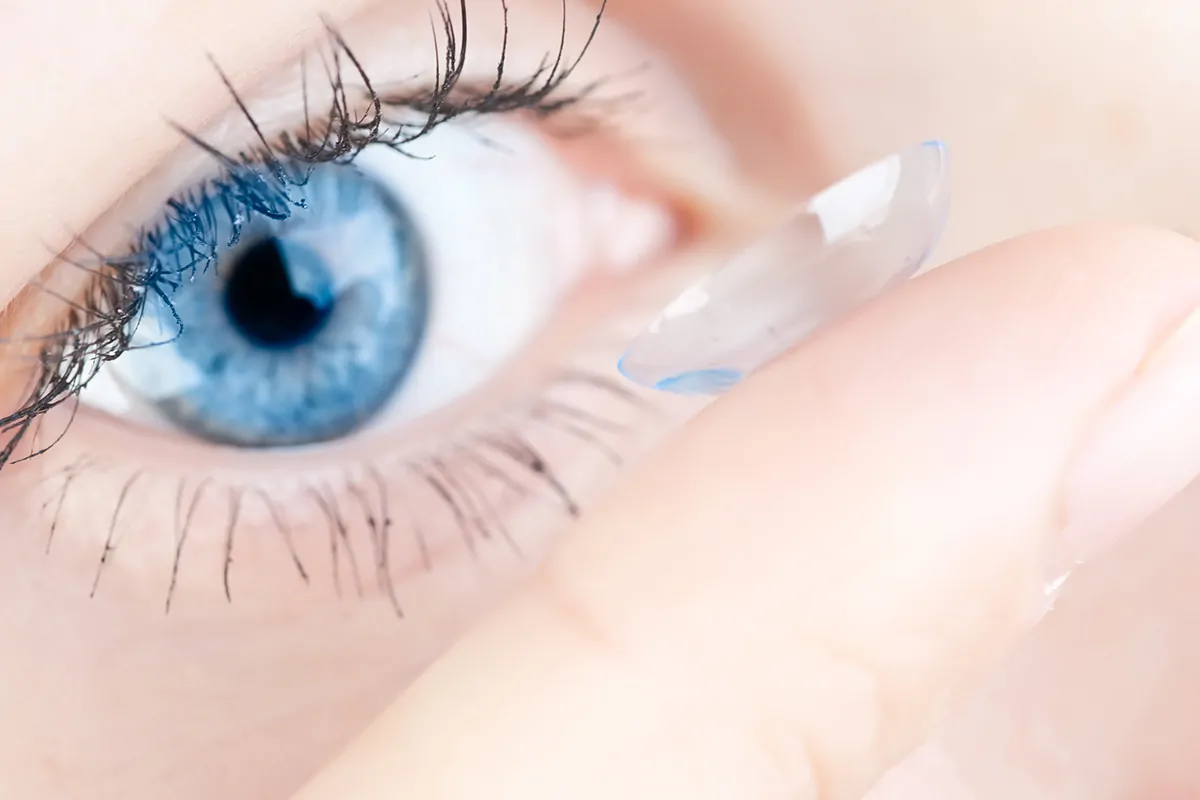
Taking proper care of your contact lenses is essential for maintaining eye health and ensuring clear vision. Good hygiene and proper handling can help prevent eye infections and other complications. Whether you’re a seasoned contact lens wearer or new to the experience, following a consistent care routine is crucial. Here are some tips and tricks to help you care for your contact lenses properly.
The first and most crucial step in handling contact lenses is to wash your hands thoroughly. Use soap and water, and make sure to dry your hands with a lint-free towel. Clean hands reduce the risk of transferring dirt, oils, or bacteria to your lenses, which can cause irritation or infection. Avoid using oily or heavily scented soaps, as these can leave residues on your hands that may transfer to your lenses.
Unless you’re using daily disposable lenses, which are discarded after one use, you need to clean and disinfect your lenses daily. This process removes debris, proteins, and bacteria that can accumulate on the lens surface. Use a multi-purpose solution recommended by your eye care provider. Here’s a basic cleaning routine:
It’s important to use the appropriate solution for your lenses. There are various types, including multi-purpose solutions, hydrogen peroxide-based solutions, and saline solutions. Multi-purpose solutions clean, disinfect, and store lenses. Hydrogen peroxide solutions provide a deep clean and are ideal for sensitive eyes but require neutralization before use. Saline solutions are used for rinsing and storing but don’t disinfect. Always follow the recommendations of your eye care provider and the manufacturer’s instructions.
Your contact lens case is a potential breeding ground for bacteria if not cleaned properly. Rinse the case with fresh solution and leave it open to air dry after each use. Replace your case every three months or sooner if it gets damaged. Never use tap water to rinse your case or lenses, as it can introduce harmful microorganisms.
Contact lenses are designed for specific replacement schedules, such as daily, bi-weekly, or monthly. Sticking to this schedule is crucial for maintaining eye health. Wearing lenses longer than recommended can lead to protein deposits, reduced oxygen flow, and an increased risk of eye infections. Set reminders or use a calendar to keep track of your replacement schedule.
Water can introduce harmful pathogens to your lenses, so it’s best to avoid wearing them while swimming or showering. If you need vision correction while swimming, consider using prescription goggles. If your lenses accidentally come into contact with water, discard them and replace them with a fresh pair to minimize the risk of infection.
Some contact lenses are approved for overnight wear, but not all. Sleeping in lenses that are not designed for extended wear can reduce oxygen supply to your eyes, increasing the risk of eye infections and complications like corneal ulcers. If you’re unsure about the type of lenses you have, consult with your eye care provider.
Always check the expiration dates on your contact lens solutions and discard any that have expired. Also, avoid touching the tip of the solution bottle to any surface, including your hands or the lens case, to prevent contamination. Store all your eye care products in a cool, dry place and keep them tightly closed when not in use.
Even with proper care, problems can sometimes arise. Be vigilant for symptoms like redness, discomfort, blurred vision, or excessive tearing. If you experience any of these symptoms, remove your lenses and consult your eye care provider immediately. It’s better to be cautious and seek professional advice rather than risk your eye health.
Regular eye exams are essential, even if your vision seems fine. Your eye care provider can detect issues early and ensure your lenses are still suitable for your eyes. They can also provide advice on the best practices for contact lens care and recommend any new products or techniques that may benefit you.
Proper care and maintenance of your contact lenses are vital for ensuring clear vision and preventing eye infections. By following these tips and tricks, you can keep your lenses clean, comfortable, and safe. Always consult your eye care provider for personalized advice and follow their recommendations. Remember, healthy habits lead to healthy eyes, so make caring for your contact lenses a priority in your daily routine.



© 2024 Copyright EyeKiss. All Rights Reserved.